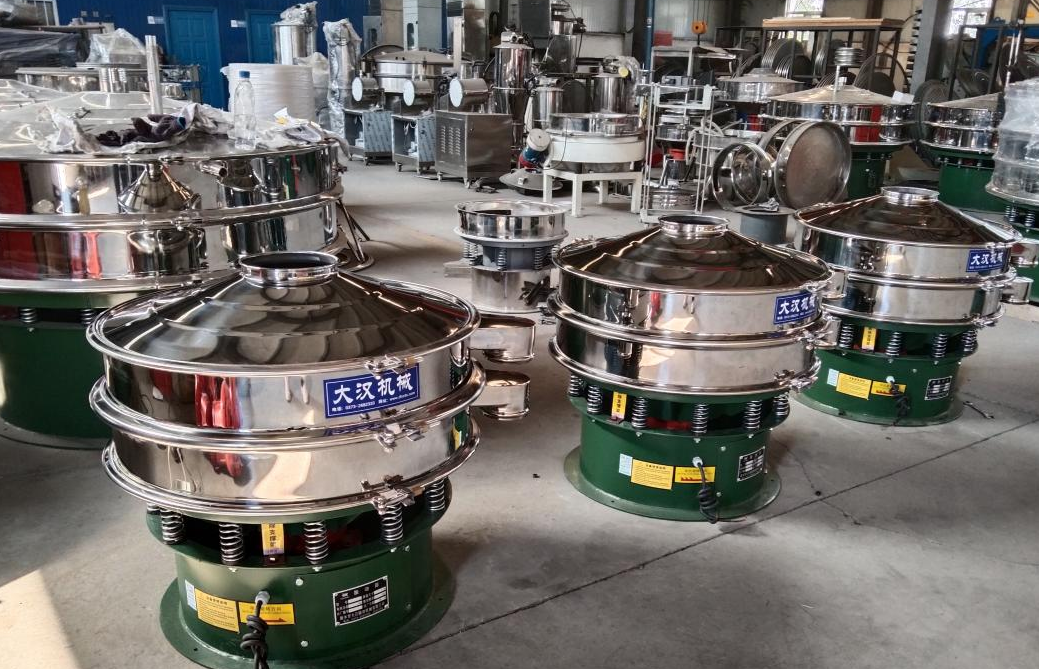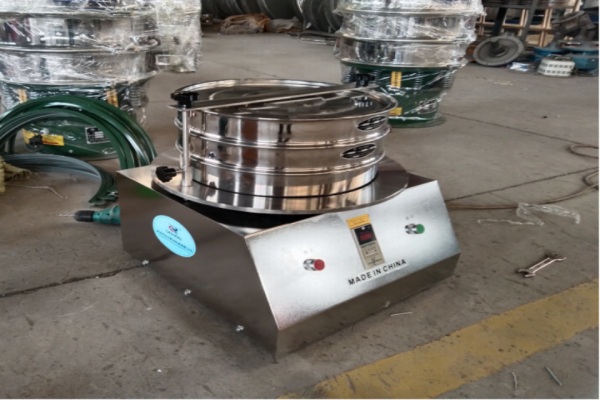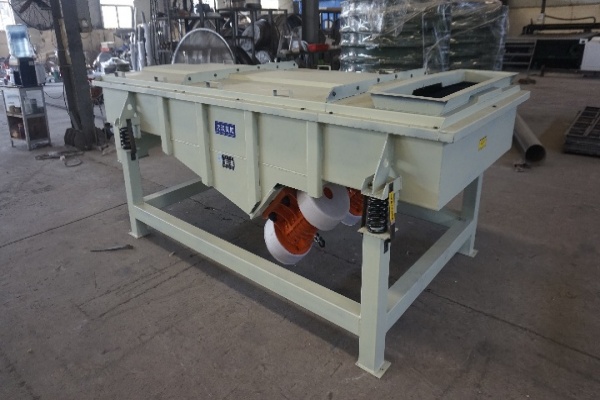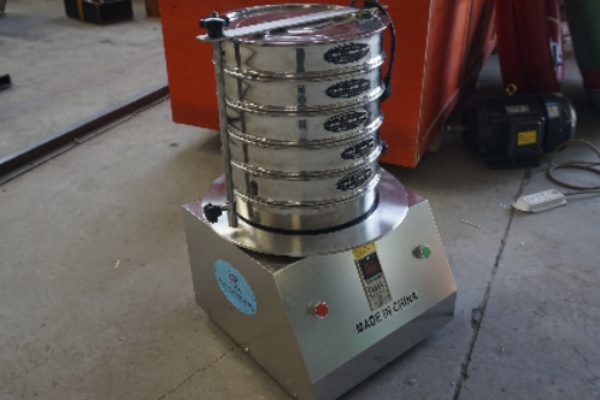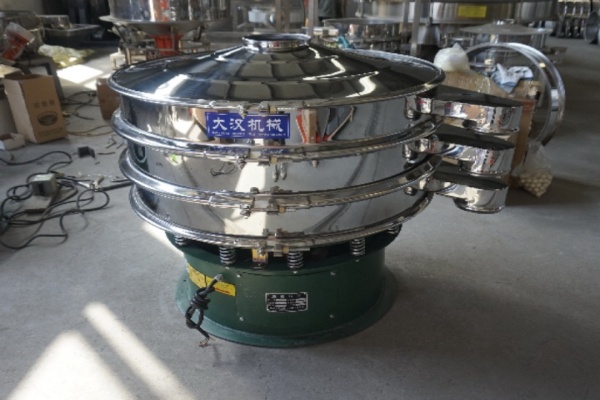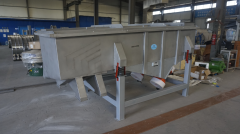
Price of Industry Sieve Machine
Explore Industry Sieve Machine costs. Factors include model type, manufacturer, capacity & features. Get pricing insights.
Introduction
In the precise chain of industrial production, screening machines are indispensable "gatekeepers." The quality of their performance directly affects product quality and production efficiency. Price, as a crucial factor in corporate procurement decisions, commands even greater attention. Different types of industrial screening machines exhibit significant variations in price ranges due to differences in technical principles and functional characteristics. From vibrating screens suitable for small and medium - batch procurement, to ultrasonic screens that meet the requirements of fine screening, and airflow screens adapted to large - scale production, each type carries unique value.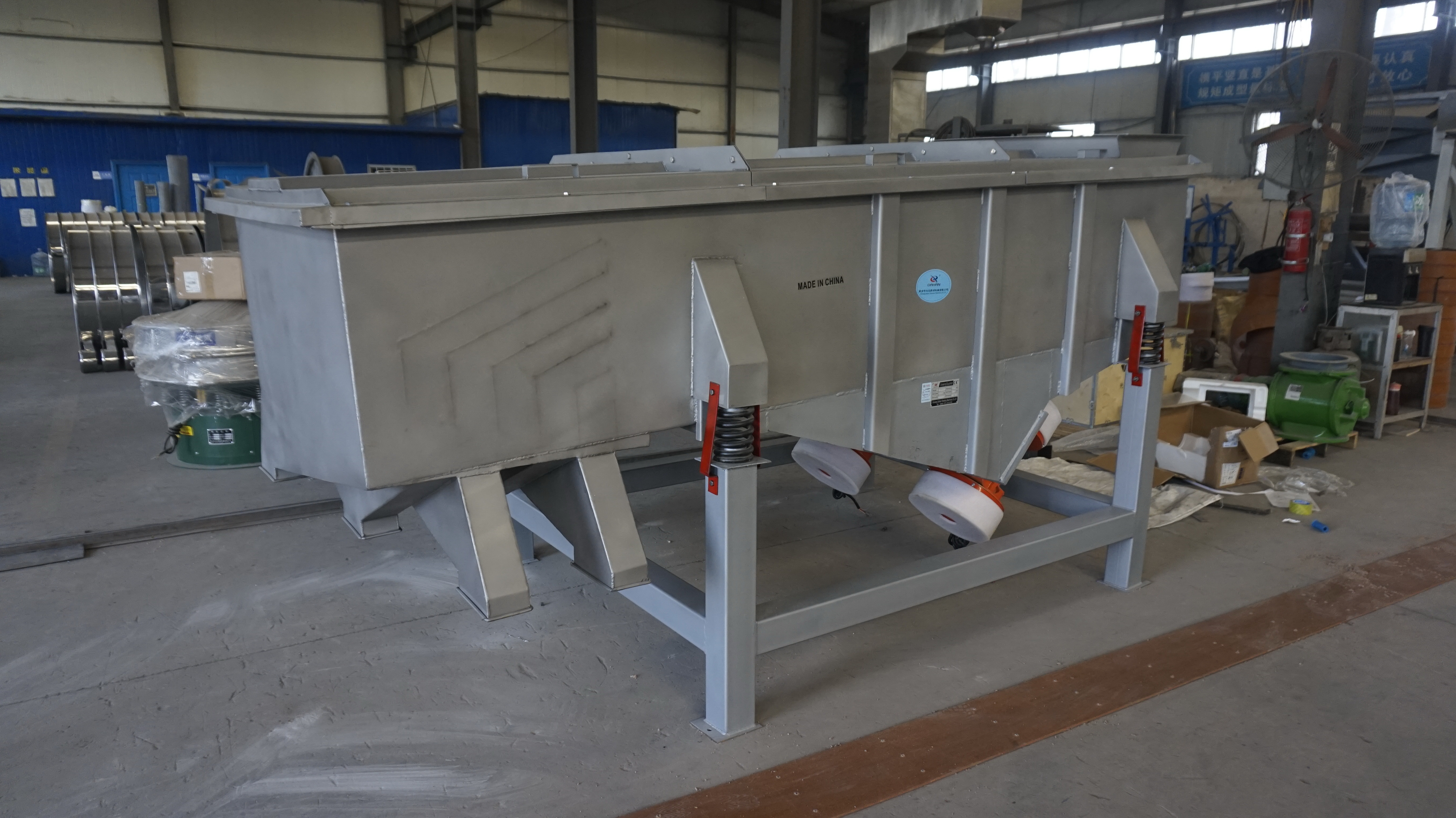
What are the prices of industry sieve machines?
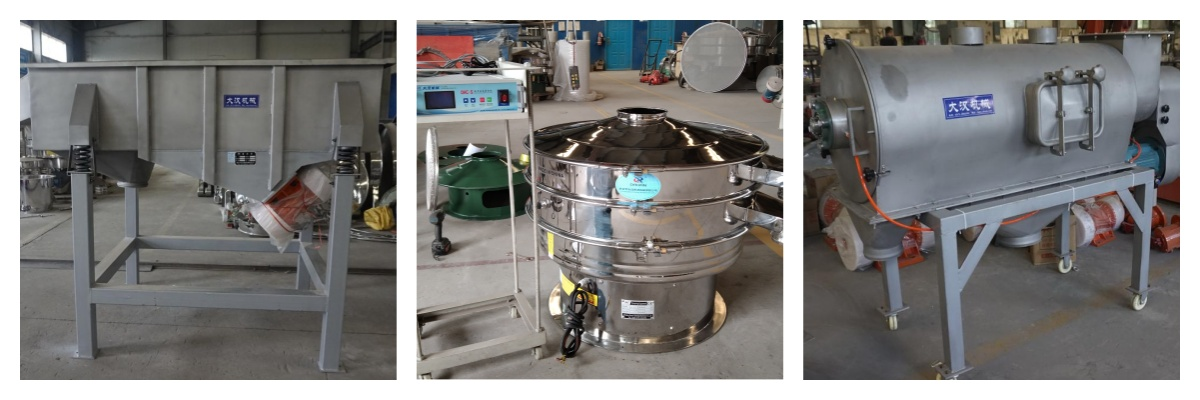
| Type | Price Range | Key Features | Ideal For |
| Vibrating Sieve | 2,500 - 5,000/Set | 110/220/380V voltage, 2.2kW power, SUS304 stainless steel mesh (20–325 mesh) | General screening (mining, food, ) |
| Ultrasonic Sieve | 3,280 - 6,500/Set | 900V ultrasonic power, SUS316L wear-resistant mesh (80–600 mesh), anti-clogging design | Fine powders (pharmaceuticals) |
| Airflow Sieve | 2,500 - 4,000/Set (3+ sets) | 220/380V customizable voltage, nylon/stainless mesh (2–500 mesh), anti-static treatment | Light powders (flour, cosmetics) |
Where can industry sieve machines be applied?

With their diverse functions, industry sieve machines play a crucial role in multiple industries.
Food industry: Used for removing impurities from flour, grading sugar grains, etc. The equipment materials must meet food - grade standards (such as 304 stainless steel), be easy to clean, and have no sanitary dead corners to ensure that materials are not contaminated.
Mining industry: Suitable for screening high - hardness and high - abrasion materials such as ores and gravels. Sieve machines are required to have a high - strength body and wear - resistant sieve meshes, and be able to adapt to harsh outdoor or dusty environments.
Pharmaceutical industry: Indispensable in links such as the purification of active pharmaceutical ingredients and the grading of excipients. Strictly adhering to GMP standards, the equipment needs to have a design without dead corners, be operable under sterile conditions, and achieve a screening accuracy controlled at the micron level.
Chemical industry: Commonly used for handling corrosive materials such as acid - base solutions and chemical powders. The equipment must use anti - corrosion materials (such as polytetrafluoroethylene) and, in flammable and explosive scenarios, also have explosion - proof functions.
Construction industry: Mainly applied to the grading of sand and gravel and the screening of concrete aggregates. It emphasizes high throughput and rough screening. Although the accuracy requirement is relatively low, it needs to be able to withstand continuous high - intensity operation.
How to select a suitable industry sieve machine?
Material properties: Including particle size, shape, density, humidity, stickiness, etc. For sticky materials, equipment with anti - clogging functions (such as ultrasonic sieve machines) should be selected, while low - amplitude rotary drum sieves are suitable for fragile materials.
Production requirements: Clearly define the screening purpose, whether it is classification, impurity removal, or filtration, as well as the required throughput and accuracy. For example, high - frequency vibrating sieves are often required for fine chemical processes, while linear vibrating sieves can be used for rough screening in mining.
Environmental constraints: Space size, installation method (horizontal/vertical), noise requirements, etc. For example, food workshops need compact and easy - to - clean models, while large fixed - type equipment can be selected for outdoor mining operations.
Cost budget: Balance the initial procurement cost and long - term maintenance cost. For example, high - frequency vibrating sieves are accurate but expensive, making them suitable for scenarios with strict quality requirements, while economical vibrating sieves can be chosen for conventional screening.
Although industry sieve machines may seem simple, they act as "gatekeepers" in the material processing process. Understanding their principles, types, and selection logic is the key to enabling these devices to truly serve the improvement of production efficiency and product quality.
What are the main advantages of industrial screening machines?
Cost - effective and Versatile: Vibrating screens start at just $2,500 per set. With voltage compatibility (110V/220V/380V) and 20 - 325 mesh screens, they suit mining, food, and other industries, handling 0.1 - 50mm dry materials efficiently.Precise and Specialized: Ultrasonic screens, with 900V power and 80 - 600 mesh SUS316L screens, screen particles as fine as 25μm, solving powder clogging in pharma and battery sectors. Airflow screens, designed for light powders, use 2 - 500 mesh anti - static screens, ideal for flour and cosmetics with low dust.
Smart and Durable: Mid - high - end models feature PLC control and VFD speed regulation, offering fault self - diagnosis and automation. Made of food - grade or anti - corrosion materials, they endure diverse environments, ensuring long life and easy maintenance.
The price of industrial screening machines is not just a number; it reflects a combination of technical content, application value, and market supply and demand. Whether it is the strict requirements for clean screening in the food industry, the demand for highly wear - resistant equipment in the mining industry, or the need for anti - corrosion and explosion - proof functions in the chemical industry, all these factors drive the technological iteration of screening machines and, in turn, affect their price structure. When selecting a screening machine, enterprises should consider the pros and cons from a comprehensive perspective, taking into account both the current procurement cost and long - term operational efficiency and production requirements. Only in this way can they choose the most cost - effective equipment, enabling industrial screening machines to truly become a solid partner in enhancing corporate competitiveness and boosting production efficiency and quality.
